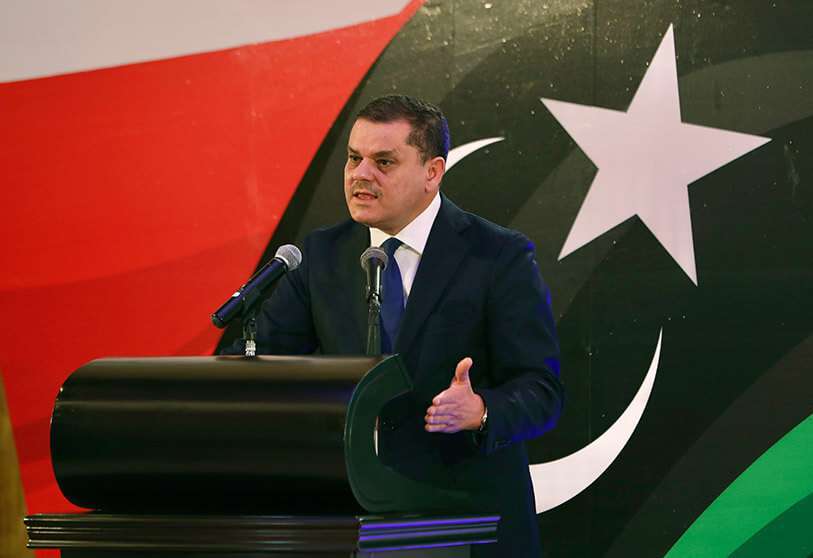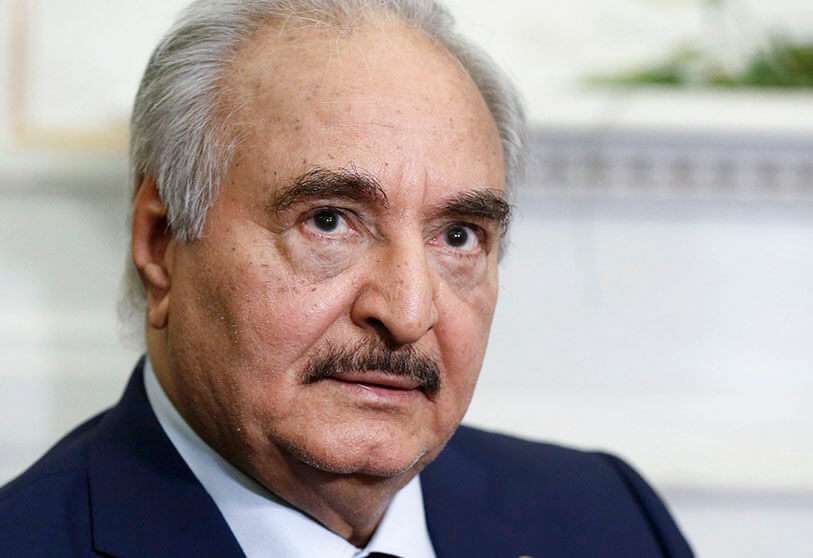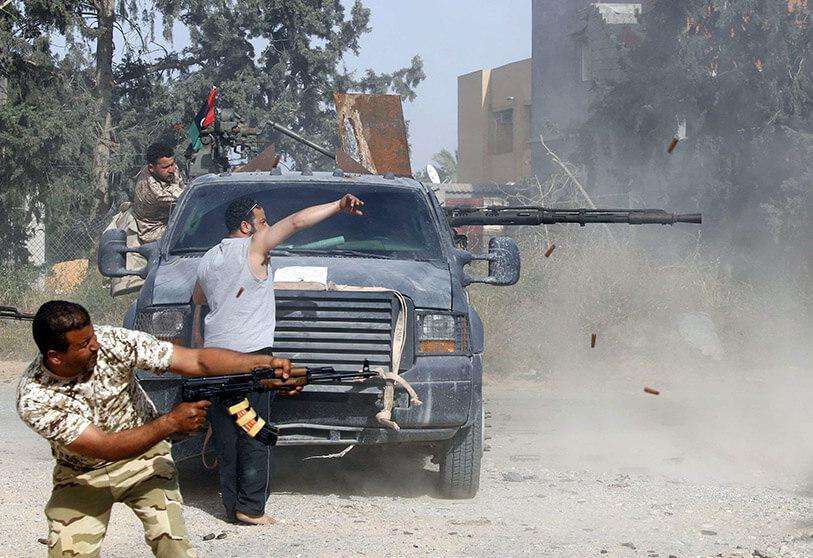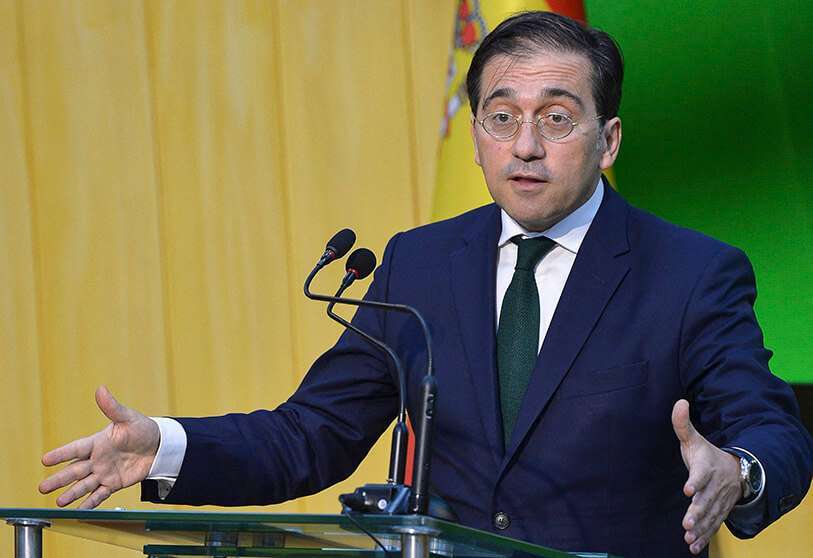Libya calls for "confidence" in December elections and "an end to foreign intervention".

Months of hard work see on the horizon the goal they have been dreaming of for a long period of time. From the moment the United Nations became fully immersed in the situation in Libya, the date of 24 December 2021 was marked in red on the calendar of the entire population. Just two months for the transition to democracy to take the fundamental step that will culminate a long and complex process that is still encountering complications. Fully effective implementation of the ceasefire approved on 8 October, as well as the implementation of the Libyan Stabilisation Initiative, are the two main issues to be addressed before the elections.

The Libya Stabilisation Conference was attended by many of the key figures who have been instrumental in the transition process. The interim Prime Minister of the transitional National Unity Government, Abdul Hamid Dbeibé, chaired the meeting together with the UN Deputy Secretary-General for Political Affairs, Rosemary DiCarlo. The event was attended by diplomatic heads of state from France, Italy, Egypt, Kuwait and Spain - with the presence of the Minister of Foreign Affairs, José Manuel Albares - among others. Yael Lempert, deputy assistant US secretary of state for the Middle East, was also present.
Although there is optimism in the transitional government, there are some problems that need to be solved if the elections scheduled for 24 December are to be secure and transparent. Chief among the obstacles is the dispute over whether anyone who has held a military or political post will be allowed to stand as a candidate - provided they have left their post at least three months beforehand - in the elections. This issue is vital as it would make it possible for Khalifa Haftar to stand for election after leaving office three months ago precisely with a view to his candidacy.

What is clear in all positions is the withdrawal of foreign troops deployed on Libyan territory. Both foreign troops and mercenaries must leave the country as soon as possible to ensure the security of the population and facilitate the democratic transition. Libyan Foreign Minister Najla al Mangoush made it clear that "policies of deterrence must be applied to those who seek to intervene in the sovereignty of another state" since, she says, "there is no other way than total respect for the principle of non-interference". To this end, the ceasefire agreed a fortnight ago must be effectively implemented and those countries that have troops in Libya must do their part to withdraw them.

Due to the various fronts still open, Mohamad al-Menfi, leader of the interim Presidential Council, is not entirely sure that the elections can take place on the date set. In a statement to the local Libyan press, he said he was in favour of postponing election day until the whole country is truly united and the interference of certain foreign countries is completely put to an end. However, Prime Minister Dbeibé reiterated that the government's intention is to go ahead with the process and hold the elections on Christmas Eve.
"We support the efforts of the High Electoral Committee to ensure that (the elections) take place on the appointed date. I call on all Libyans to participate widely and actively," said Abdul Hamid Dbeibé ahead of the 24 December elections. Ensuring the resolution of the transition is a task of the utmost importance for all countries, including Spain. The Foreign Minister, José Manuel Albares, said that "Libya is a fundamental country for the control of migratory flows in the Mediterranean, for the stability of the region, both in the Mediterranean and in the Sahel, and it has the largest hydrocarbon reserves in the area".

He also believes that "Spain is a country with a global voice and must be heard in all crises", and therefore the guarantee of a free and transparent electoral process is also the responsibility of all the countries that are working on the transition in Libya, considered "a fundamental country for security, stability and economic development throughout the Mediterranean and key for Spain and for Spaniards". The final run-up to the elections is key to ensuring that Libya can, once and for all, take the definitive step towards becoming the democratic country it has long been yearning to be.










